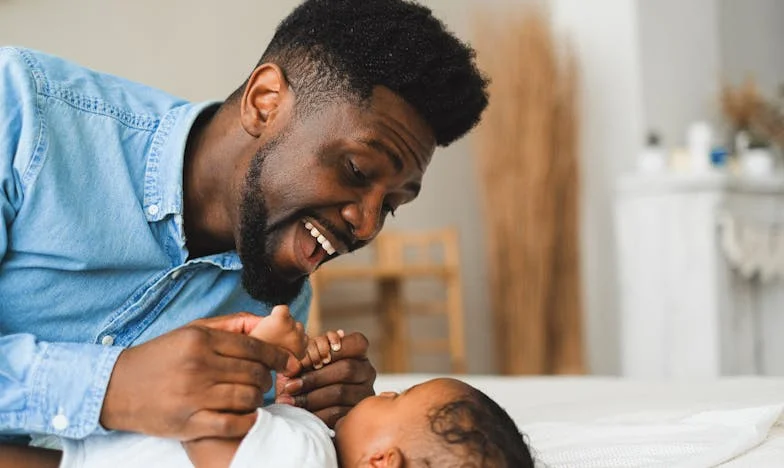Why I Believe Children Should Stay with Their Father After Divorce
In the wake of my divorce from Susan, a question that loomed large was, “Who will the children stay with?” The automatic assumption by many was that Emily and Owen, our two children, would stay with their mother. It’s a script so deeply ingrained in societal norms that challenging it seems almost taboo. Yet, based on my circumstances and a gut feeling I couldn’t shake, I advocated for them to stay with me, their father. This decision, as unconventional as it was, unfolded in ways I hadn’t anticipated.
Susan and I had our differences, but if there was one thing we agreed on, it was that we wanted what was best for Emily and Owen. The divorce had been tough on them, and the last thing we wanted was to make their lives more difficult. I had a stable job, a flexible work schedule that allowed me to be home more, and a deep desire to make this work. Susan, on the other hand, was in the midst of career transitions and felt she couldn’t provide the stability the kids needed at that moment. After many heartfelt discussions, we decided the children would stay with me.
The first few months were a learning curve. Adam, my brother, and Mackenzie, a close friend, were my support system, helping with school runs and offering emotional support. Richard, another friend, who had gone through a similar situation, offered invaluable advice. I thought I was prepared. I thought I had it all figured out. But life, as it often does, had other plans.
The strain of adjusting to a new family dynamic began to show. Emily struggled academically, a stark contrast to her previous performance, and Owen became withdrawn, his vibrant personality dimming. I juggled work, household responsibilities, and parenting, trying to be both mother and father to them. Despite my best efforts and intentions, the balance I sought remained elusive.
As months turned into a year, the situation didn’t improve as I had hoped. The weight of my decision pressed heavily on me. Susan, witnessing the toll it was taking on all of us, suggested revisiting our arrangement. Perhaps, in our desire to defy conventional norms, we hadn’t fully considered the emotional and psychological impacts on Emily and Owen.
The story doesn’t have a happy ending, not in the traditional sense. The children eventually went to live with Susan, and I became the visiting parent. The transition was another adjustment, fraught with its own set of challenges. However, this story isn’t about regret or claiming that one parent is inherently better suited to take care of children post-divorce. It’s about recognizing that every family is unique, and what works for one may not work for another. It’s a reminder that in the pursuit of defying norms, we must not lose sight of the individuals involved, especially the children.
In sharing this story, my hope is not to dissuade but to offer a perspective that challenges the norm, encourages thoughtful consideration, and underscores the importance of flexibility and open communication in navigating post-divorce family dynamics.
